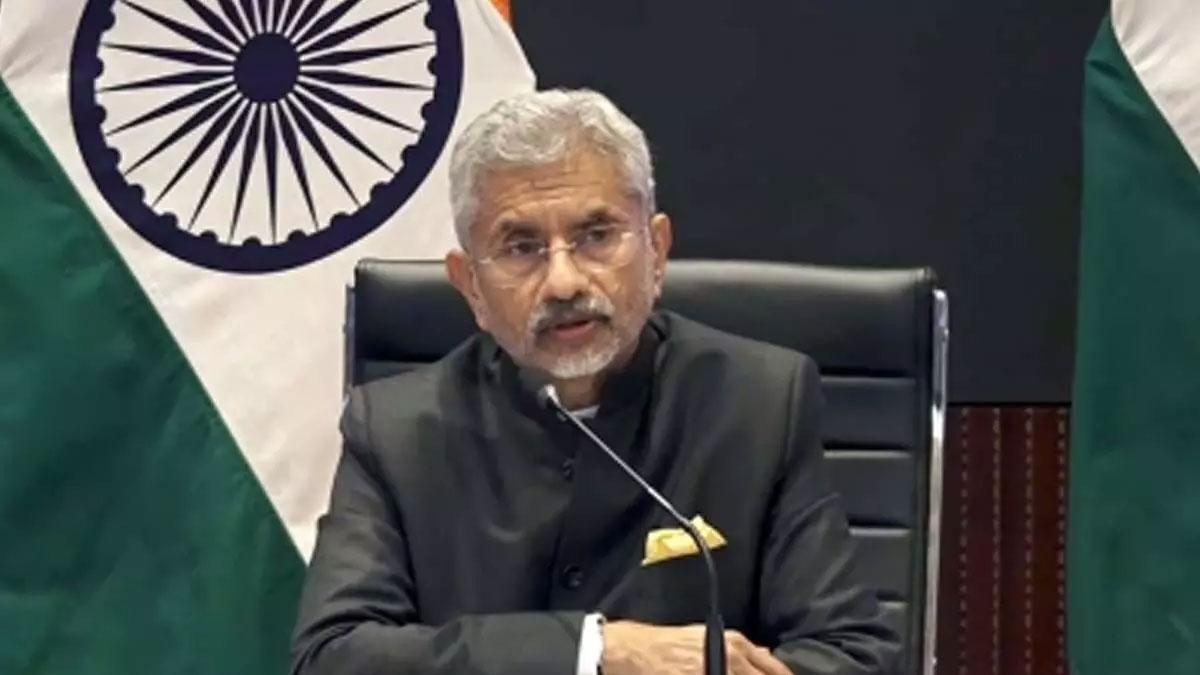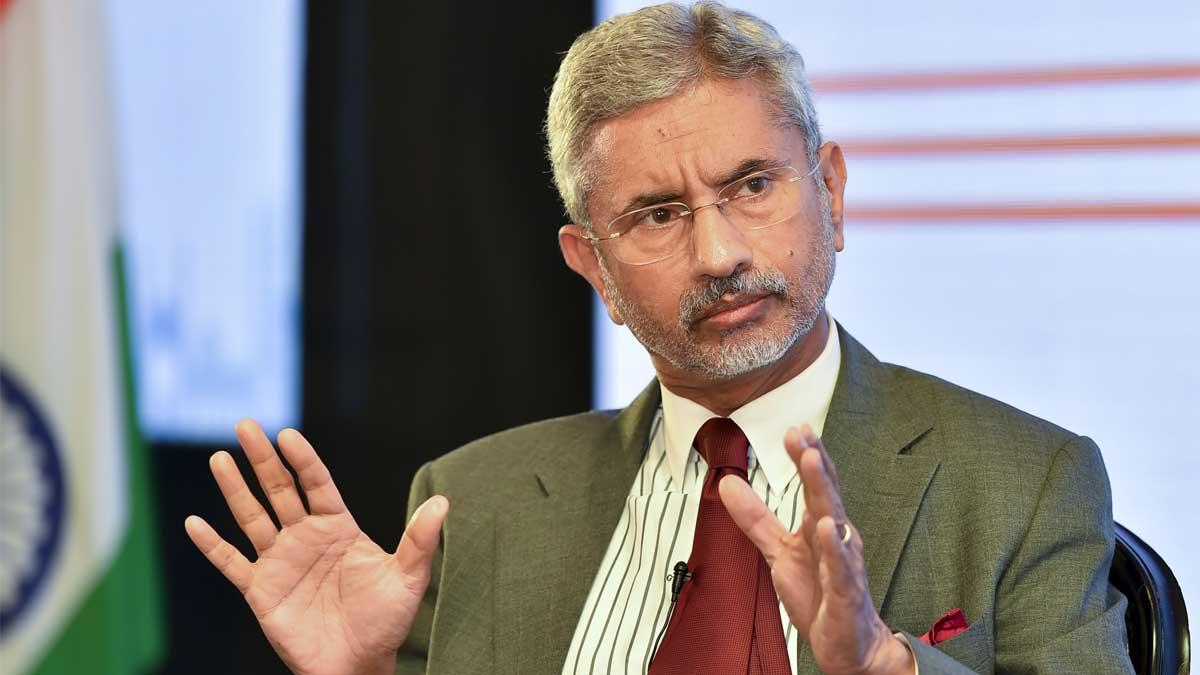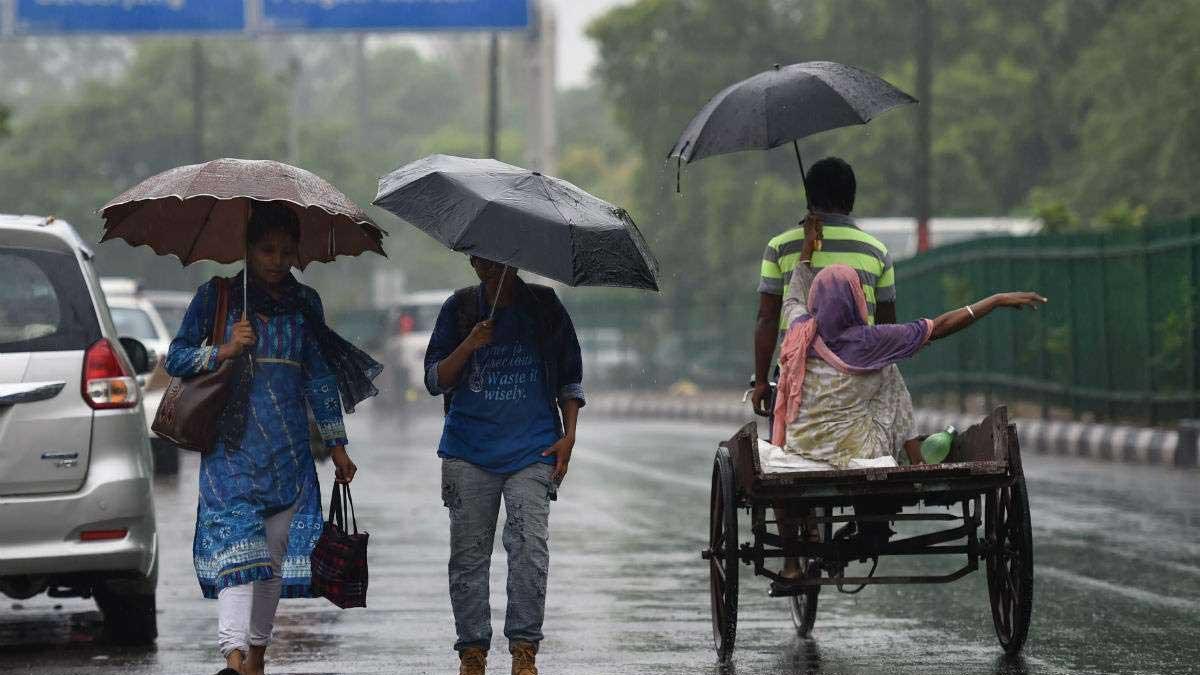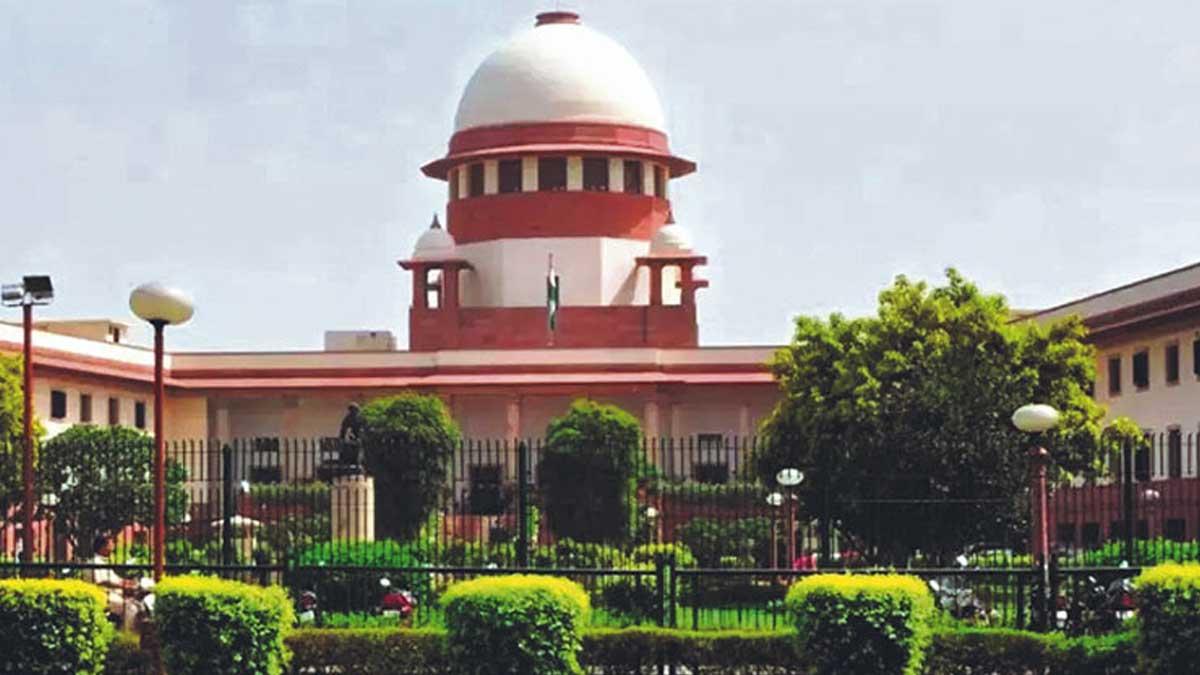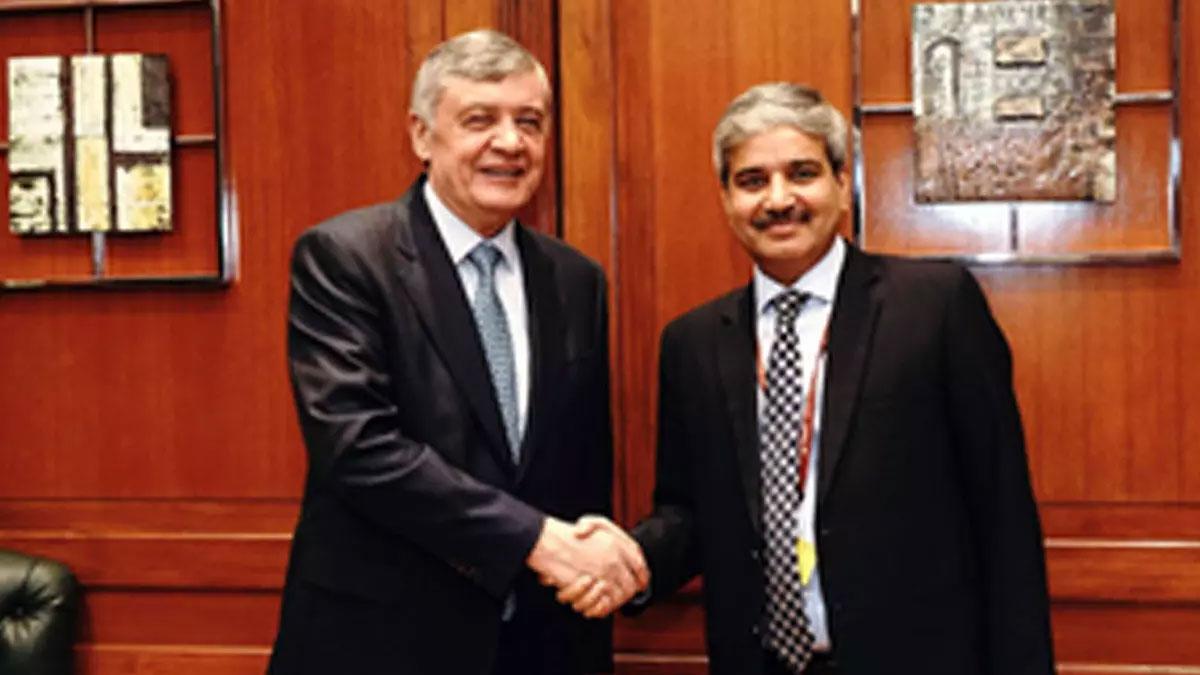The significance of foreign policy was stressed by EAM S. Jaishankar recently as the world became more interconnected. He took particular notice of India's growing relations with Bangladesh and its increased engagements with Southeast Asia.
In a session at Delhi's Kirori Mal College, talking on the integration of India's northeastern region with Southeast Asia and Japan, EAM S. Jaishankar pointed out how India had reaped good mileage over the last decade under the leadership of Prime Minister Narendra Modi. He highlighted the abundance of advantages that India's northeast has realized, especially through the development of relations with Bangladesh and the implementation of the 'Act East' policy, aimed at developing new partnerships with ASEAN countries and beyond.
India-Bangladesh relations have emerged with a flourish as it signs a landmark agreement in 2015, the Land Boundary Agreement, which helped in the development of trust and confidence among the two neighbors and facilitated the resolution of various long-standing issues, including terrorism and stability.
On the subject of connectivity, Jaishankar commented on how the restoration of pre-1965 conditions has helped in the restoration of road and rail links between India and its northeastern states through Bangladesh, who have had access to the Bangladeshi ports such as Chittagong and Mongla, which have greatly boosted the region's trade.
He also highlighted the ambitious India-Myanmar-Thailand Trilateral Highway project. Despite the current political situation in Myanmar, he said the project will be a game-changer in the region's economic landscape.
In the midst of the complexities surrounding Myanmar, he said, the political changes in the country need to be navigated in order to ensure the success of infrastructure projects and the growth of connectivity.
He envisaged a better economic future for India's northeast in years to come, with better connectivity toward Myanmar on the east and southward into Bangladesh. He also underscored how the Modi government is focusing on developing eastern India, including its eastern seaboard, to achieve this vision.
Jaishankar's statement reflects India's emerging foreign policy orientation, which has been increasingly concerned with global affairs but fueled both by democratization and globalization—a trend that will only grow more pronounced under Modi 3.0.
Read also | Jammu and Kashmir Police: Foreign terrorist 'Abu Hamza' behind Rajouri killing

